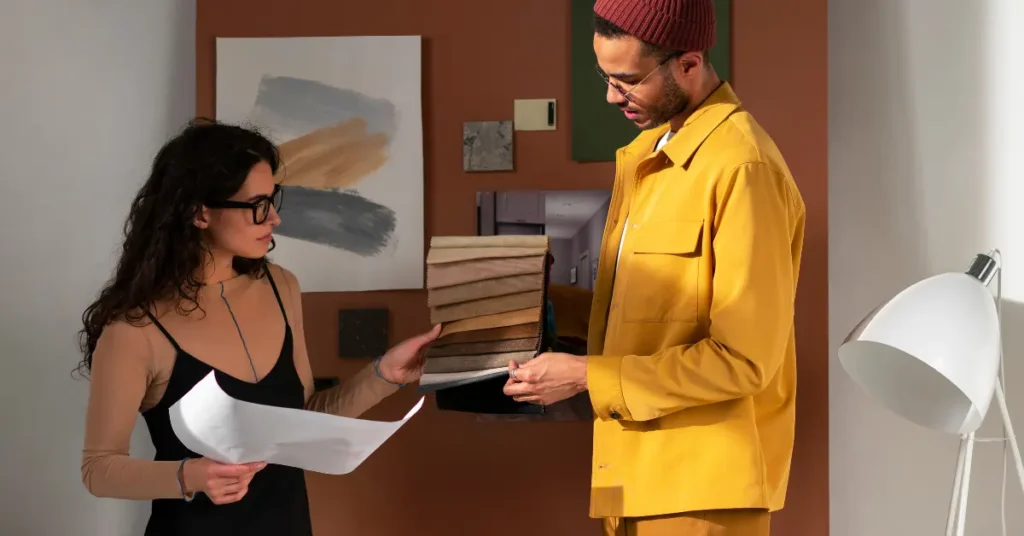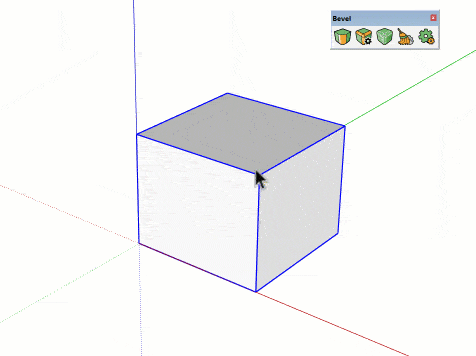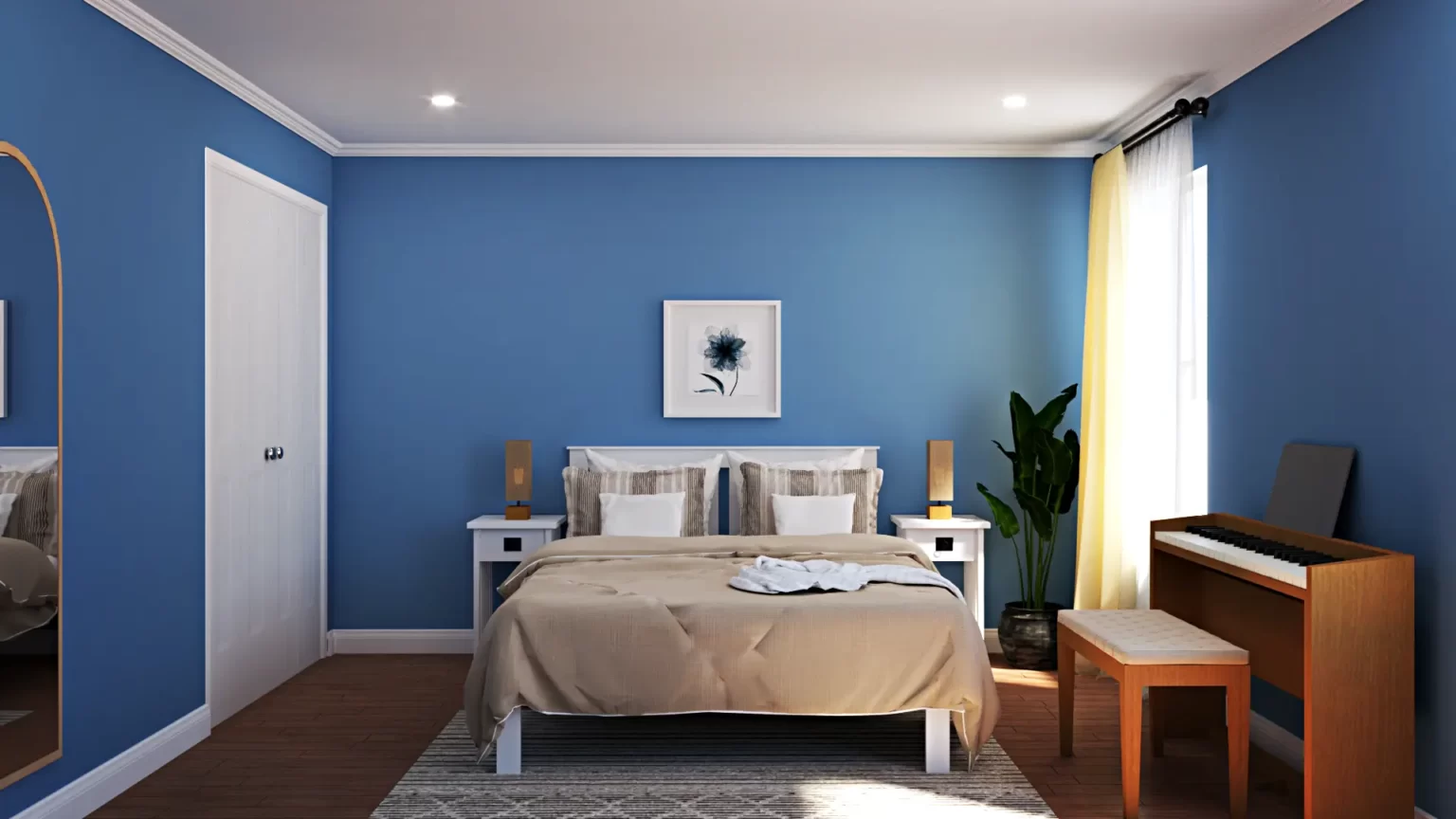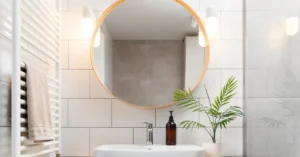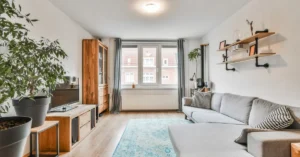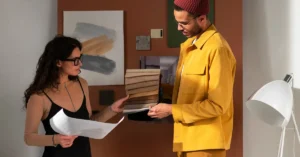
Unveiling the Perfect Fit: Is a Career in Interior Design Your Path?
Embarking on a career journey requires thoughtful consideration and self-reflection. When contemplating a profession in interior design, it’s crucial to assess whether it resonates with your passions, skills, and aspirations. This comprehensive guide aims to delve into the essential factors that can help you determine if a career in interior design is the right path for you.
Interest in Design:
The foundation of a successful interior design career lies in a genuine passion for design and aesthetics. Do you find yourself constantly drawn to beautifully curated spaces? Are you intrigued by the interplay of colors, textures, and spatial arrangements? If the mere thought of transforming ordinary spaces into captivating environments excites you, it could be a sign that interior design aligns with your interests and inclinations.
Creativity:
Interior design is inherently a creative endeavor that demands an imaginative approach to problem-solving. As an interior designer, you’ll be tasked with conceptualizing and executing innovative design solutions that cater to the unique needs and preferences of your clients. Whether it involves reimagining a residential living space or designing a commercial establishment, your ability to think outside the box and infuse creativity into every project is paramount.
Technical Skills:
While creativity fuels the artistic aspect of interior design, possessing strong technical skills is equally indispensable. Proficiency in drawing, blueprint reading, and utilizing design software such as Autodesk AutoCAD, Adobe Photoshop, and 3D rendering tools is essential for effectively translating your design concepts into tangible realities. Mastery of these technical tools empowers you to communicate your ideas accurately and collaborate seamlessly with architects, contractors, and other stakeholders.
People Skills:
Successful interior designers are adept at building rapport and fostering positive relationships with clients, contractors, and industry professionals. Effective communication, active listening, and empathy are integral components of navigating the collaborative nature of interior design projects. Your ability to understand and interpret your clients’ vision while balancing practical considerations and aesthetic preferences is key to delivering exceptional outcomes and ensuring client satisfaction.
Problem-Solving Skills:
In the dynamic world of interior design, no two projects are alike, and each presents its own set of challenges and constraints. Whether it’s optimizing space in a small apartment or adhering to a tight budget without compromising on design quality, your aptitude for problem-solving will be put to the test. Flexibility, resourcefulness, and the ability to think on your feet are invaluable traits that enable you to overcome obstacles and devise creative solutions that exceed expectations.
Education and Certification:
While passion and talent are essential, formal education and professional credentials provide a solid foundation for a successful career in interior design. Most aspiring interior designers pursue a bachelor’s degree in interior design or a related field to acquire the necessary theoretical knowledge and practical skills. Additionally, obtaining licensure or certification, where required by state regulations, demonstrates your commitment to professionalism and adherence to industry standards.
Career Interest Assessment:
In addition to self-assessment, taking a career interest test can offer valuable insights into your suitability for a career in interior design. These assessments typically evaluate your aptitude and passion for design through a series of targeted questions related to design principles, spatial awareness, color theory, and creativity. By objectively assessing your strengths and areas of interest, you can gain clarity on whether interior design aligns with your professional aspirations and personal preferences.
Conclusion:
Embarking on a career in interior design is a journey that requires introspection, dedication, and a genuine love for the craft. By carefully evaluating your interests, skills, and long-term goals against the key factors outlined in this guide, you can make an informed decision about whether a career in interior design is the right fit for you. Remember, with passion, perseverance, and a commitment to excellence, a career in interior design can be incredibly rewarding and fulfilling.


